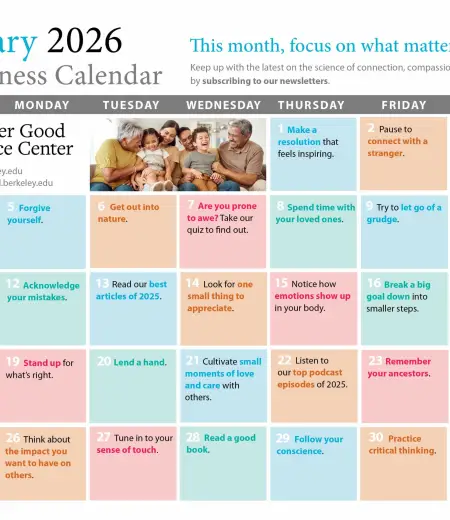How early should you be thinking about developing empathy in your child?
 Terrie Rose, Ashoka Fellow and founder of Baby’s Space
Terrie Rose, Ashoka Fellow and founder of Baby’s Space
According to Dr. Terrie Rose, developing a child’s emotional readiness for school and life starts before they are even born. Rose is an Ashoka Fellow and founder of Baby’s Space, whose mission is “to break the cycle of poverty and academic failure by putting the baby’s point of view at the center of full-service childhood development programming.”
We talked with her about her new book, Emotional Readiness: How Early Experience and Mental Health Predict School Success.
Laura White: When you decided to write Emotional Readiness, what goals did you have in mind for the book?
Terrie Rose: As a society and as educators, we spend a lot of time talking about children that are “reading ready” and are performing well on tests by third grade. Yet if you ask a kindergarten teacher what he wants his kindergartners to be able to do, he doesn’t say that he wants them to know their letters and numbers. Literacy and numeracy are outputs. Instead, he wants them to get along, pay attention, and be willing to learn. This emotional readiness is key to school success.
My book is about switching the conversation and promoting the idea that kids have to be ready to be friends, regulate their emotions, and have the confidence that they can learn. In order to have these skills, children must have early experiences that show them they matter, that they are capable, and that adults will help them be successful.
LW: What obstacles do you see in the field of early childhood education that prevent children from developing emotional competence?
TR: In general, we tend to make decisions from an adult’s view and convenience. We do not typically look from a child’s point of view. If a child who is coming into kindergarten has parents who are struggling, we still expect the child to make life easy for the teacher. Even breaks in childcare classrooms are based around teachers’ needs, not appropriate schedules for children.
Dropping children off is another good example. Adults usually want to leave very quickly because they do not want to see their child in pain. Yet we know that children need time to say goodbye to adults and they need to learn that when a loving adult says goodbye, she will be back.
LW: What are some questions that adults should ask themselves to help them see things from a child’s point of view?
TR: “How does the child see it?” Is the most critical question. We must have empathy for children and for their experiences.
For example, today I was doing a consultation for a mother that was experiencing depression. The mother had a six month old and a three year old. Since the mother had been in and out of the hospital, the three year old was experiencing a lot of anxiety and loss. However, since the child was not very verbal it was hard to tell what she was feeling, and everyone expected her to be okay. We need to think more from babies and young children’s perspective, Roots of Empathy is a great example of a program that teaches older children how to do this.
LW: Besides the book, what are some of the other ways that you are helping people think from children’s perspectives?
TR: Baby’s Space has created a curriculum and lesson plans that acknowledge both the babies’ points of view and teachers’ points of view, translating them into effective teaching. For example, teachers need to make transitions and transitions are stressful for young children, so we provide advice. We are also working hard to provide advice for parents, which I do through my blog and we hope to do through video vignettes.
LW: This has been really helpful for rethinking how individual teachers and parents can cultivate empathy and emotional readiness in young children. How do you think the school system and other systems should change to support these individuals’ efforts?
TR: To begin, I think school districts should provide quality childcare for their teachers. I am watching teachers make second-best choices for their own children because of economics or convenience, rather than consistency or reliable care. If school districts invested in their employees, we could produce more systems change.
I also think that we need to increase public awareness that babies matter and early experiences matter. This is not just about what is nice for babies, but what is necessary to ensure healthy development.









Comments